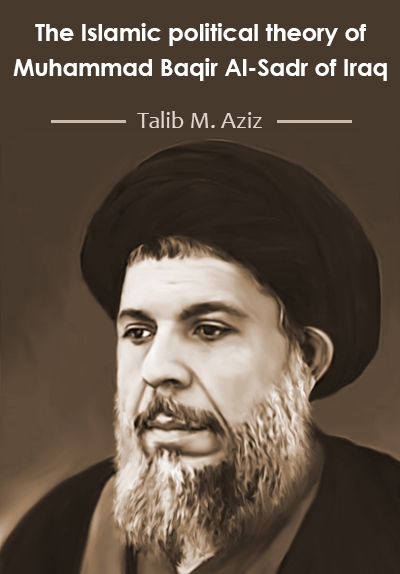



On 8 April 1980, Muhammad Baqir al-Sadr was executed. His execution aroused no criticism from the West against the Iraqi regime, however, because Sadr had openly supported the Ayatollah Khomeini's regime in Iran and because the West was distracted by the turbulence in Iran that followed the revolution. Governments both in the West and in the region were concerned that the Iranian revolution would be “exported,” and they set about eliminating that threat. When Ayatollah Khomeini called upon Muslims in Iraq to follow the example of the Iranian people and rise up against the corrupt secular Baʿthist socialist regime, they interpreted it as the first step in the spread of Islamic radicalism that would eventually lead to the destabilization of the whole region.
The major theme of the dissertation is to expound on the political thought of the religious activist from Iraq, the late Muhammad Baqir al-Sadr. The study is divided into three parts. The first is designed to introduce Sadr to the readers. The emphasis was given to Sadr's political activism from 1958 when he participated in the formation of the first Shia political party, Islamic Da'wa, to his violent death by the Ba'thist regime in Baghdad in 1980. The second part aims at setting the parameters of the definition of the political theory in order to help underpin Sadr's political thought and evaluate its merits. Finally, the main part of the dissertation is the third chapter in which Sadr's political thought is systematically and thoroughly analyzed. Sadr's major political concepts about man, society and the state are introduced, his interpretation of the historical process is scrutinized, and his political program in ending social contradictions is examined.
1
